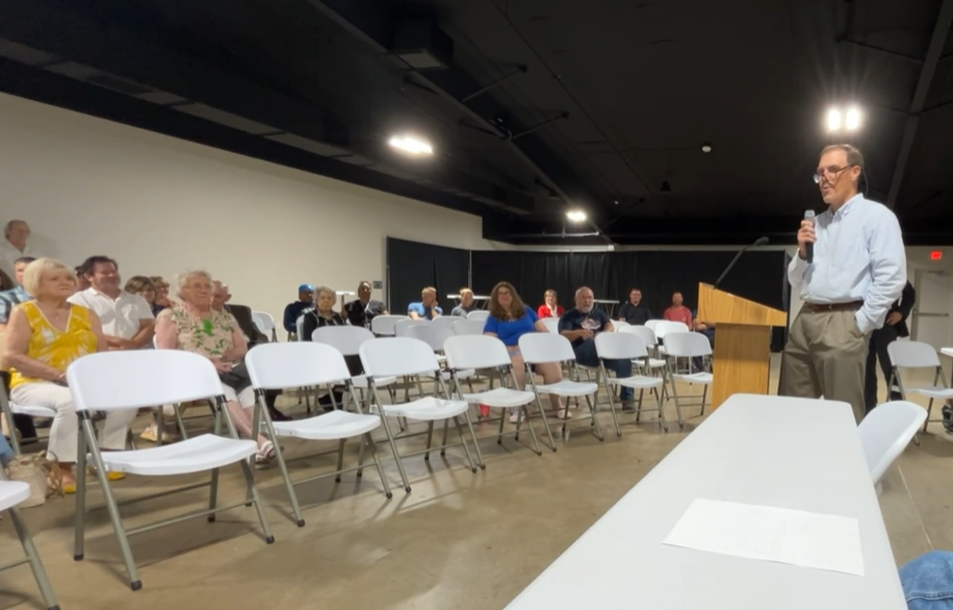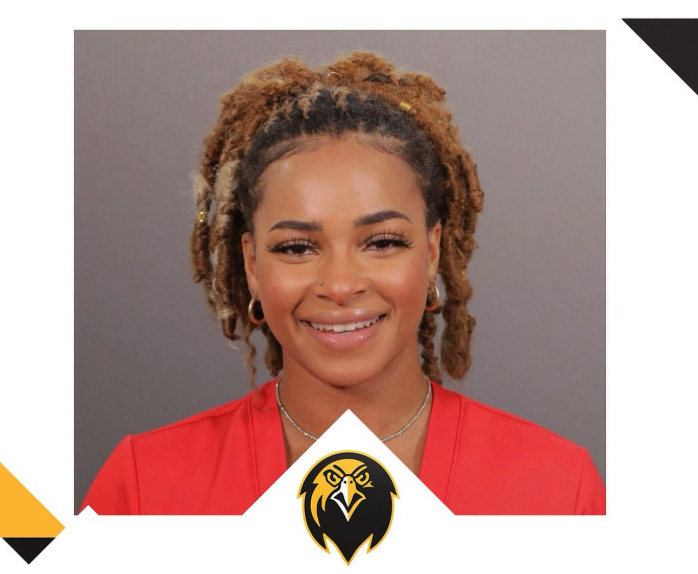N.C. lawmakers put cellphone ban on hold
Published 5:20 pm Friday, July 5, 2019
On Wednesday, a North Carolina House Bill died in a Senate committee due to a lack of support from legislators.
House Bill 144, known as “Hands Free NC,” was drafted to ban any use of an electronic handheld device. If passed in 2020, North Carolina would become the 19th state with a hands-free policy.
There were 123 deaths due to distracted driving last year, according to the NCDOT. Distracted driving also accounted for 102 rear end crashes and 733 lane departures.
Trending
N.C. Highway Patrol Sgt. Matt Jackson says he frequently notices people using their phone while driving.
“In the past five years, we have seen many problems with vehicle collisions,” said Jackson.
When out on patrol, officers look for a variety of signs when trying to tell if a driver is distracted. Police are now trained to detect if a driver is looking down at their phone. Other signs law enforcement looks for include drifting, erratic braking and excessive speed.
Many might think millennials are more susceptible to distracted driving, but Jackson says this is not the case. He says older people are just as likely to use their phone while driving.
“It’s not any one age group or sex,” Jackson said. “It’s across the spectrum.”
Jackson believes while Stanly County is relatively rural, drivers should still use caution when on the road. He says he still sees his fair share of accidents from every age group.
Trending
“People are in a hurry and have their own agenda of things they need to do that day,” Jackson said. “I understand that, you know, a lot of times when we stop somebody we just talk to them about being safe”
In N.C., there is no penalty for talking on the phone while driving for people 18 and over. For minors, there is a $25 fine for using a cellphone while driving. Texting while driving is illegal for all drivers in the state and comes with $100 fine for those caught in the act.
To avoid distracted driving, police recommend drivers should only use their cellphones for emergencies. In an emergency situation, drivers should pull over to make a call.




